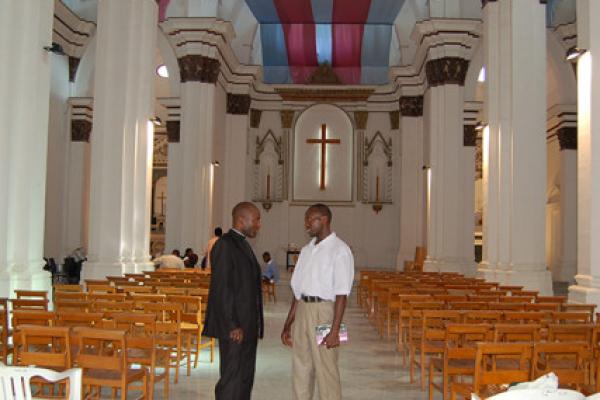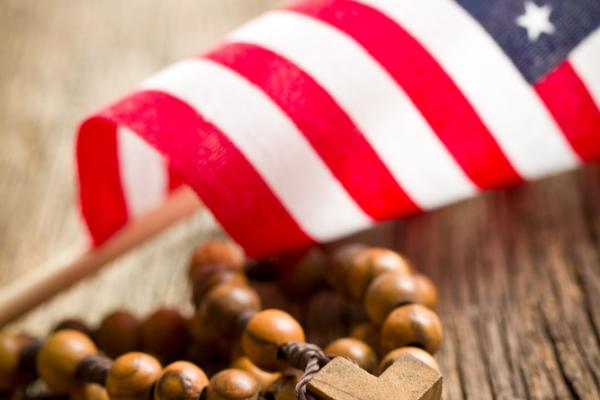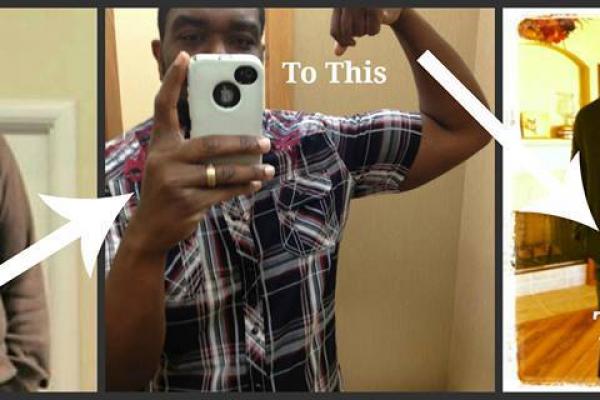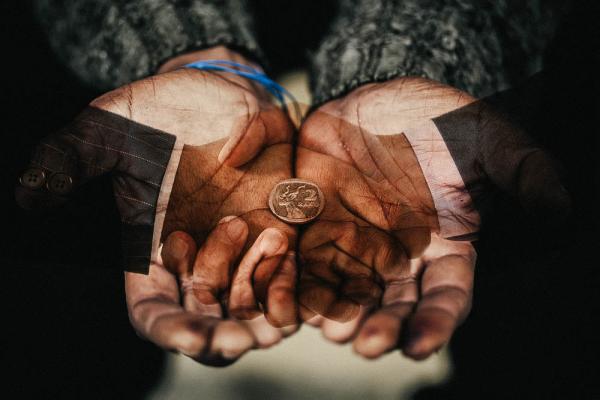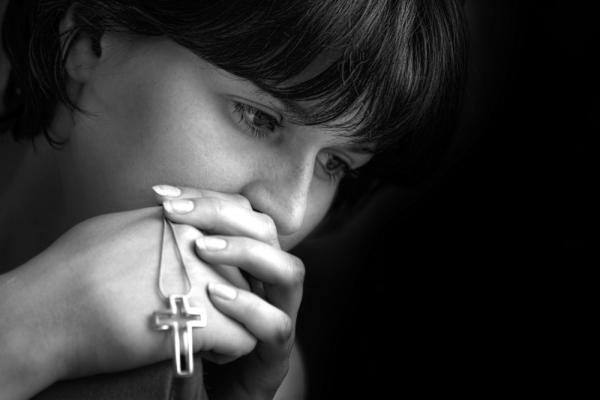Church leaders in Libya remain hopeful that Christians in the mostly Muslim country will be allowed to practice their faith, even as the country appears to be moving towards Shariah law.
In December, Libya’s General National Congress voted to make Shariah the source of all legislation and institutions. The vote came amid international concerns over the diminishing Christian populations in North Africa and the Middle East, and increased Islamist influence in countries engulfed by the Arab Spring revolution.
Libya has undergone a two-year transition since 2011 when demonstrations toppled Moammar Gadhafi. Before the revolution, Christians were granted religious freedom, but with the change of power, they have been arbitrarily arrested, attacked, killed, and forced by the Islamist groups to convert to Islam.
Author’s note: If you know me, you’d know that that I think the most important thing (of the things we worship ) is Jesus. And you’d also know that I love Arrested Development, with almost the same type of devotion I typically reserve for God. As a former “professional church lady,” crafting prayers was right in my wheelhouse. So I’ve composed a psalm entirely out of Arrested Development quotes based on the ACTS style of prayer, because it is right, and a good and joyful thing, always and everywhere to give thanks to God. And also … not Aunt Lindsay’s nose.
Oh God. (AD 2:13)
I love you. (AD 1:7)
We all must seek forgiveness. I’ve always tried to lead a clean life. My brother and I were like those Biblical brothers, Gallant and, um … Goofuth. (AD 2:14)
It’s become a disturbing trend among Christians to lament the downfall of our nation’s “Christian identity” — to judge and criticize the spiritual downfall of the current generation. They boast about the glorious past and predict an apocalyptic demise for the future — brought on by the secularization and ethical demise of our society.
This attitude is based around a sense of fear, judgment, cynicism, fatalism, and hopelessness.
Many Christians today use the term “post-Christian” to describe the United States in conjunction with their assumptions that our nation is falling deeper and deeper into a moral decline, but this word presupposes that we were Christian to begin with. We weren’t.
Though we have many stories of people whose lives have been made better, few church leaders would argue that far too many people in the pew make significant spiritual transformations even though they’ve spent years in and around churches.
In my other life, I’m a fitness “coach.” I’m not so much a coach as I am an encourager and friend. The unrivaled aspect of working with people to reach their fitness goals is having a front row seat for transformation. We take pictures to note physical transformations, but changes in physique aren’t the most important ones. The most important transformations are spiritual and emotional ones. And quite frankly, the fitness community does transformations better than churches do.
Why?
The only way to win the “war on poverty” is for liberals and conservatives to make peace — for the sake of the poor. That would be the best way to mark the 50th anniversary of the war on poverty, declared by President Lyndon Johnson in his January 1964 State of the Union address. Making peace means replacing ideologies with solutions that actually solve the problems of poverty. With both Republicans and Democrats speaking out on poverty this week, and the recession slowly receding this should be an opportunity to find the focus, commitment, and strategies that could effectively reduce and ultimately eliminate the shameful facts of poverty in the world’s richest nation.
For any proposal, the basic question must be whether it helps more people and families rise out of poverty and realize their dreams. This means setting aside political self-interest and thinking beyond our too often inflexible ideologies.
Today churches are often rocked with sexual harassment and abuse perpetrated by priests and clergy. Yet, sexual harassment and abuse to clergy, specifically clergywomen, is often swept under the rug.
A 2007 study by the United Methodist Church on sexual harassment and abuse found that nearly 75 percent of Methodist clergy women have experienced sexual harassment and abuse. The common settings for such harassment are church meetings and offices where perpetrators are mostly men and increasingly laity. “Sexual harassment destroys community. This alienating sinful behavior causes brokenness in relationships,” the study states.
Despite the prevalence of increased boundary training and education, the 2007 study found that only 34 percent of small churches and 86 percent of large churches have policies to handle such situations.
In 30 years of ministry, diaconal and ordained, I have seen that church politics, ignorance of or lack of policies and procedures, tolerance for inappropriate behavior, status of perpetrator, and money are obstacles to dealing with sexual harassment and abuse to clergy in a healthy way.
